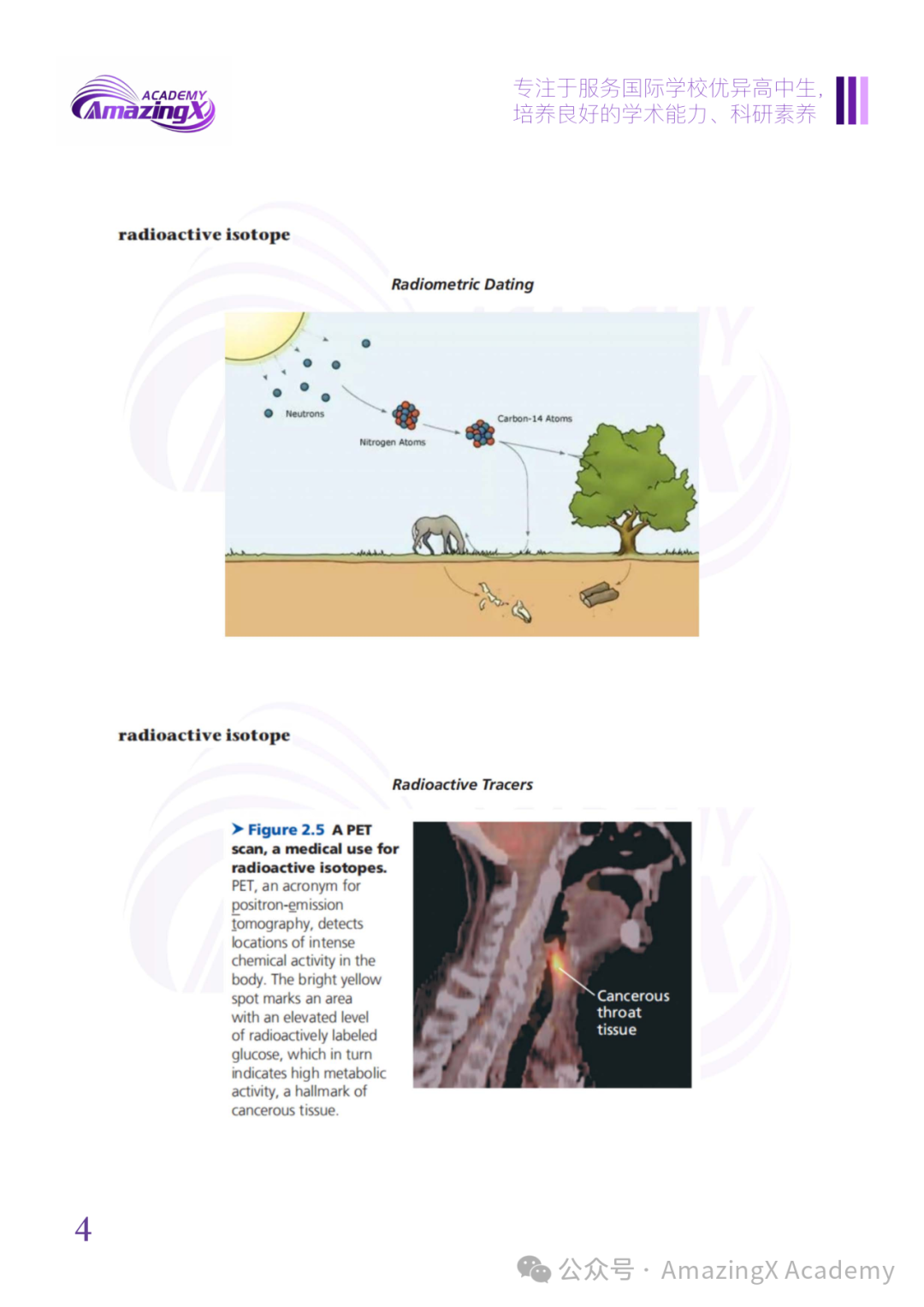你是否担忧自己使出浑身解数夸奖梦校的成功,用尽毕生文采证明自己的优秀,却只能等来一张大学发来的“好人卡”?附带一段无情又不失委婉的拒绝:“你很优秀,但是我们不合适”。其实,作为成绩单、活动列表、标化成绩、奖项等硬核客观材料之外的主观项目,文书中表达自己的性格和个性才是名校申请临门一脚的精髓。
如何写出自己独有的情操,铮铮的傲骨,亦或平凡的热忱?一起来看哈佛大学mark的优秀文书,体会一下“卓越的大佬”是如何展露自己那颗有趣的灵魂的。
学生信息姓名:Samantha--亚裔,女生
所在地区:韩国首尔
高中背景:私立高中,应届毕业生约400人
成绩:GPA: 4.0/4.0
SAT: 阅读800,数学800
SATII: 数学Level2,化学,物理
课外活动
科研项目:在(韩国)江原国立大学的野生动物生态与保护基因组学实验室进行马铁菊头蝠相关研究项目
Research in greater horseshoe bats at Wildlife Ecology and Conservation
韩国击剑社创始人,社长
Korean archery club founder and president
“梦想与行动”志愿者项目副社长
Dream and Act Volunteer Club vice president
模拟法庭比赛 Mock Trial
奖项
年度最佳学生奖
Ji In Yong award (given to the best student of the year)
韩国青少年射箭锦标赛三等奖
Third prize in National Youth Korean Archery Championship
美国国家优异奖学金半决赛
U.S. National Merit Scholarship semifinalist
申请专业Integrative Biology 综合生物学
文书原文(571字)
Language is not the sole domain of humans. Animals also talk, and over the last few years I have been fascinated by learning two new languages that even foreign language school students have never heard of. Studying animal languages is very different from learning Korean, Chinese, or Spanish. There are always dictionaries to refer to when I learn human languages, but when learning animal languages I don't have a Google translator to spit out satisfactory answers. In fact, I have to use my own judgment, which combines my mind, heart, and instinct to interpret what I hear.
Tree frogs, specifically Japanese tree frogs and Suweon tree frogs, use songs not just to express their amorous intentions but to survive. While these two species may look physically identical, they are sexually incompatible. So in order to lure the right female, male frogs sing serenades that are distinguishable from other species. Analyzing these serenades at an ecology lab with spectrograms and waveforms, I decoded every pulse of sounds emitted by these ravenous tree frogs into the patterns of numbers to let humans understand their lyrics.
Unlike frogs' mating songs, bats use language not only to communicate but also to navigate and locate insects at night. While flying, bats shoot out biosonar sounds and listen to the echoes that bounce off obstacles to grasp the world around them. Visualizing a world just with sound, I was enchanted by their invisible language when I studied the Greater Horseshoe bat's supersonic echolocation at a wildlife conservation lab. When bats cast nets of invisible words every millisecond during free flight and ziplining experiments, we captured and revealed their dialogue that had neither conjugations nor grammar.
After eavesdropping on tree frogs' and bats' conversations, I discovered that they use languages for survival. The language of the frogs exemplifies power — the stronger and bigger a frog is, the louder it can sing, scaring off all its prey and bravely exposing itself to predators. And for bats, their invisible language is their vision. They silently scream out for help and listen carefully as nature's echoes guide their path. In a sense, animals communicate with other species and with nature.
On the other hand, humans have developed esoteric words, convoluted sentences, and dialects to express their sophisticated ideas and feelings. This amazing evolution has, I believe, isolated us from nature. Now we prefer to live away from wildlife, tending to communicate only among other Homo sapiens through texts, tweets, and e-mails. Taking a page from Dr. Dolittle's pocket diction, I hope that my work helps us broaden our anthropocentric minds and understand animals who also share our biosphere. If our souls are reconnected with nature, maybe we could hear Mother Nature whisper some secrets about her mysteries that we are too wired or unaware to heed.
Early explorers boldly left the comforts of their homeland to learn the languages and traditions of other cultures. Due to their dedication, these self-taught bilinguals were able to bridge cultures and share values between different communities. In the same way, I want to take risks in learning to communicate with other species beyond human beings and become a multilingual biologist who connects human and animal realms. I wish to venture into the animal kingdom and become a pioneer in mastering and sharing nature's occult dialects with our species. When we finally learn to comprehend and harmonize with nature, we humans might become more humane.
文书点评
申请者想要展示自己学习动物语言这一主题,往往很难在除文书外的其他申请材料中呈现。Samantha在文书选材上,选择对这个细节进行描述,不仅使她这项独特的学术兴趣更加生动鲜活,还很好的表达了她对于人类语言和动物语言之间关系的深刻思考。
在大学的申请文书当中,没完没了的唠叨一些学术性很强的内容并不是一个很好的策略。Samantha聪明地将她的学术知识、自我思考与趣味十足的故事编织在了一起。
此外,她并没有笼统的表述自己对生物或者科学的整体兴趣,而是选择了一项正好需要一定的学术背景来支撑的一个“精致”的科学故事。在详谈对特定学术课题的探究的同时,她也在阐述自己对于课题的独特见解上运用了同样多的篇幅,包括反思以“人类“为中心的文明进程,表达自己愿意在动物王国探险,解锁大自然的神秘语言,掌握多种物种的语言和文化,成为重建人类与自然母亲的联结道路上的先驱。这种领袖气质和格局与培养了8位美国总统和133位诺贝尔奖得主(世界第一)的哈佛大学非常契合。
Samantha打动读者的秘诀在于她对自己兴趣清晰又充满热情的讲述。其中,她形容动物语言的措辞十分巧妙。
比如,在形容蝙蝠的语言时,她通过“连词和语法”来讲原本看似平常的动物行为拟人化,突出了整篇文书的亮点。而后,她在文末点出对于人与动物之间脱节的思考,并表达重新连接人与动物之间关系的志向,更赋予她先前使用拟人化手法更深刻的含义,刷新了文章立意的高度。
这篇文书在题材新颖讨巧的基础上,通过鲜明的表达手法和作者直截了当的热情,成功地给读者留下深刻且生动的印象。
主顾问点评
Samantha的文书虽然讲到了“动物语言”这一专业的内容,但读起来却很轻松。 很多申请人在写自己的学术或者研究经历的文书时容易落入一个的误区:花了过多的篇幅解释自己的研究内容,然后讲自己是怎样废寝忘食的投入学习。为什么说是误区?因为你的学术能力和学习热情,可以通申请材料中的成绩、奖项等部分得到证明,所以在文书中更多的应该是展现个人的理解、收获和反思等。
Samantha的文章结构非常合理,文章并不长,571个单词,开头清晰的点出动物语言研究的主题,随后两段用了树蛙和蝙蝠的两个例子来展示对于动物语言的多角度研究,然后过渡到对比动物语言、人类语言与自然的关系。
另外Samantha的整个写作并没有采用华丽的语言和复杂的词汇,跟她的整个人设也很符合:她的GPA和标化成绩显示了她是一名理科学霸小姐姐,语言清晰易读,体现了整体的一致性。
精彩的文书绝对是申请的加分项,但是大家还是要始终牢记申请硬件的重要性哦!
总 结
本篇文书的作者并没有在选材上跳出她申请专业的范畴,而是在这个大范围下,通过细节描写与独特的角度,单刀直入的表达自己的学业和思考,坦然道来自己对未来的期待。比起华丽的语言和感叹,她踏实又热情的写出了对于自己专业和特长的热爱,给人很真实的感受。 无论你在冲刺挑战重重的梦校,还是适合自己的match校,你都将和全世界各地优秀学生同台竞争。
在硬件(在校成绩、标化成绩、竞赛奖项等)条件上,总有和你一样优秀,甚至更加优秀的学生,当然也总有和你存在差距的学生。抛开焦虑,在文书中真诚自信的表达你最关心的话题,凸显出属于“你这个人”的风格和特质,通常会带来意想不到的惊喜。
就像招生官说的:当你已经闯过了申请材料审核的前两关之后,这时我脑海里在想的是——你是怎样的一个人(as a person)?
















